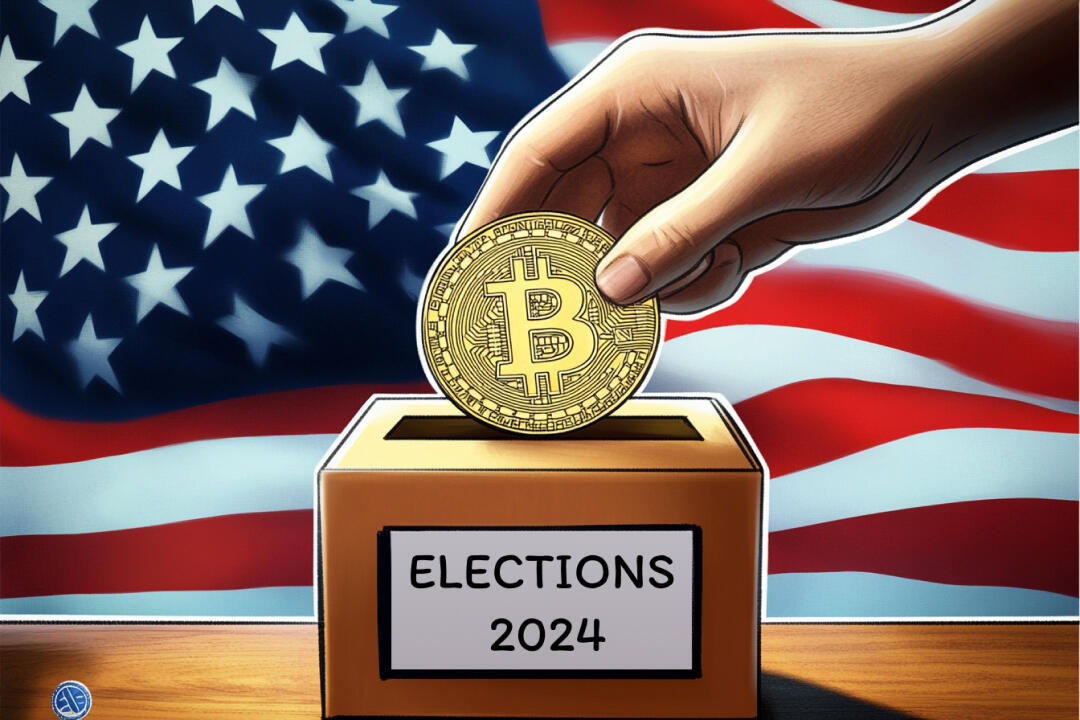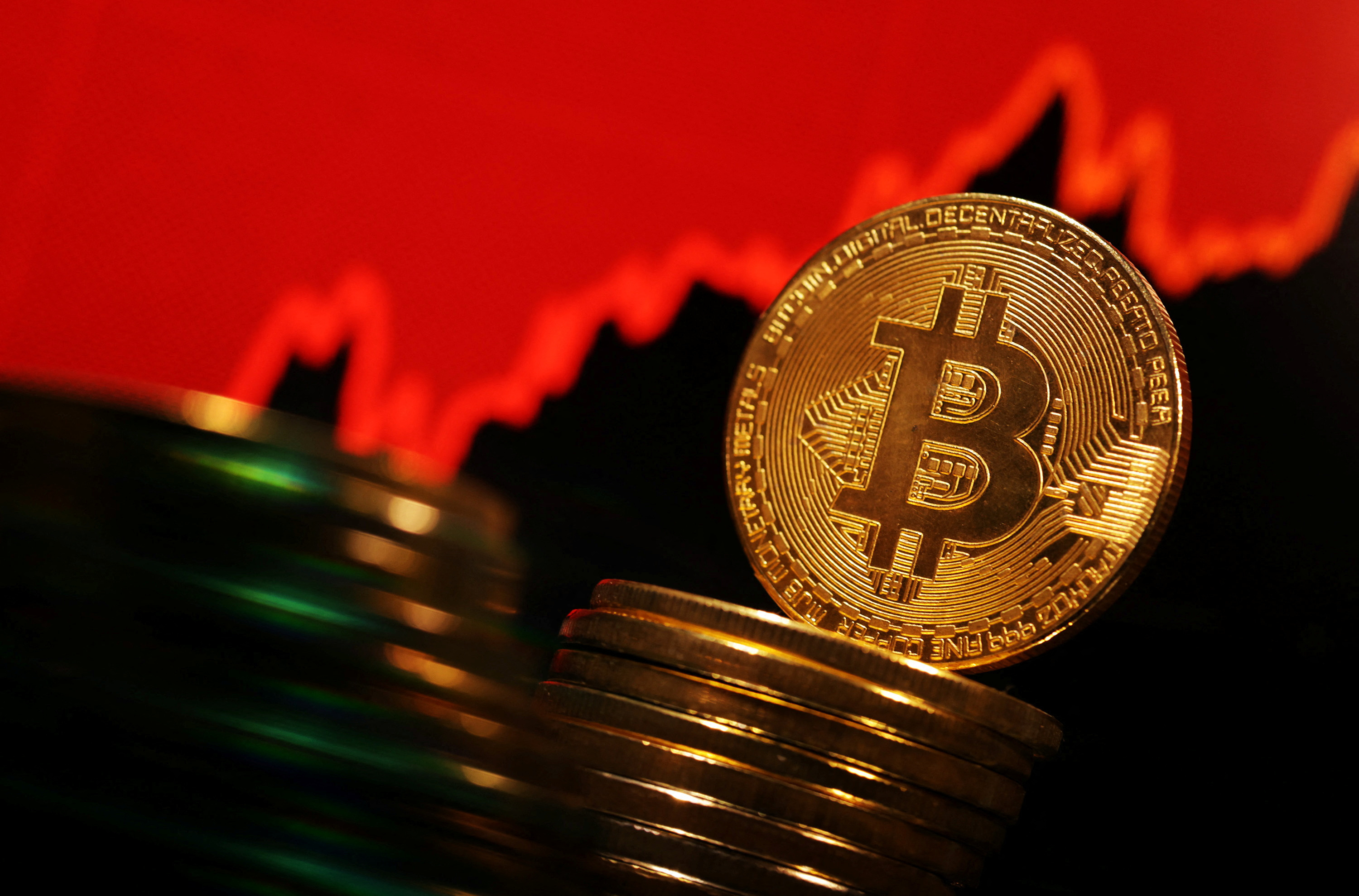The Bitcoin Battle: How the Upcoming US Elections Could Shape Crypto’s Future
The anticipation builds as the 2024 United States presidential election approaches, scheduled for November 5, 2025. Investors within the Bitcoin (BTC) sphere are keenly attuned to the contrasting policies of Vice President Kamala Harris and Former President Donald Trump. Their differing views on cryptocurrency could hold profound implications for market dynamics moving forward.
 The intersection of politics and cryptocurrency can influence market trends dramatically.
The intersection of politics and cryptocurrency can influence market trends dramatically.
Trump’s Crypto Agenda: A Promised Boost for Bitcoin
Donald Trump has openly declared his intention to support cryptocurrency as part of his political platform. Notably, he has vowed to dismiss the current chair of the SEC, Gary Gensler, a pivotal figure in the regulatory framework surrounding cryptocurrencies. This shift in leadership could usher in a new era for Bitcoin, potentially leading to a surge in market activity.
Trump’s narrative has evolved remarkably; once skeptical, he now embraces Bitcoin, positions himself as a champion for reduced regulatory burdens, and even accepts crypto donations for his campaign. Despite this, analysts remain wary—some suggest that this apparent enthusiasm might be more about garnering votes than a deeply held conviction.
“His promises to remove regulatory obstacles could trigger optimism in the crypto market, especially if he gains power.”
Kamala Harris: Continuation of Caution
Conversely, Kamala Harris’s approach signals a likely continuation of the cautious regulatory stance established under the Biden administration. While she has made no overt moves against Bitcoin itself, her alignment with Biden’s policies hints at a consistent, if not firm, regulatory environment that favors clear guidelines over outright prohibition. Indeed, the administration’s priority has often been investor protection rather than direct action against Bitcoin.
This nuance in regulatory approach raises questions about the future of innovation and investment in the digital currency space.
The Rate Cut Cycle: An Underlying Current
Regardless of who wins the election, macroeconomic factors are likely to play a pivotal role. Key among these is the ongoing cycle of interest rate cuts by the Federal Reserve, which typically encourages investment in riskier assets like Bitcoin and stocks. Lower borrowing costs often drive capital into these risk assets, a phenomenon that could occur irrespective of electoral outcomes.
 Market dynamics often shift in response to broader economic trends.
Market dynamics often shift in response to broader economic trends.
Analyzing Potential Outcomes
Analysts suggest that Trump’s victory might garner immediate optimism within the crypto community due to his proposed regulatory rollbacks. This perception could invigorate market participants and investors who are eagerly looking for clarity and stability in this notoriously volatile market.
Meanwhile, Harris’s approach could engender a more stable, albeit slower-paced, regulatory environment. Should she succeed, the focus could remain on creating a clearer operational framework for crypto firms without drastic changes to its fundamental principles.
Regulatory Appointments: The Silent Influencer
An often overlooked aspect of the election’s impact on Bitcoin lies in potential regulatory appointments. Trump has promised to appoint a more crypto-friendly figure to head the SEC, which could stimulate innovation and foster growth in crypto-related ventures. Conversely, a Harris administration might retain current regulatory personnel or appoint similarly cautious regulators, reinforcing a more conservative approach toward cryptocurrency governance.
Conclusion: A Favorable Landscape for Bitcoin?
As we draw closer to the November elections, Bitcoin could find itself positioned favorably amid a blend of political promises and broader economic circumstances. The divergent paths presented by Trump and Harris illustrate the complexities inherent in the evolving nature of cryptocurrency regulation.
The coming months will be pivotal, and regardless of the victor, the fundamentals surrounding Bitcoin suggest that positive tailwinds from macroeconomic policies—especially in terms of interest rates—could pave the way for sustained growth in this dynamic asset class. Investors should brace themselves; the intersection of politics and cryptocurrency is a landscape of immense potential yet fraught with uncertainty.















